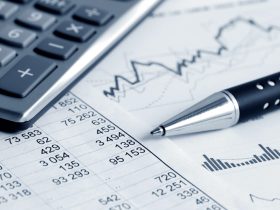South Africa is set to receive a $1 billion Development Policy Loan (DPL) from the World Bank, aimed at reducing the country’s coal reliance and promoting a transition to a low carbon economy. The loan, supported by the African Development Bank (AfDB), KfW, and Canada, is expected to alleviate the energy crisis in the country and foster a Just Energy Transition.
The country, being one of the top 20 greenhouse gas (GHG) emitters globally, plans to restructure its state-owned power company Eskom for enhanced efficiency. The restructuring will also boost private investments in renewable energy such as solar technology. This initiative aligns with the Presidential Energy Plan and aims to curb GDP losses due to frequent power cuts while transitioning from coal-fired power.
The loan is designed to mitigate the impacts of water and air pollution caused by coal dependence, leading to improved living conditions in South Africa. It is also anticipated to cushion poorer households against recent increases in electricity tariffs through credit access provided by commercial banks.
Mmakgoshi Lekhethe of the National Treasury and Marie Francoise Marie-Nelly from the World Bank anticipate increased private sector involvement and job creation in the renewable sector as a result of this initiative.
This fiscal and technical aid is seen as vital in mitigating the electricity crisis, encouraging private sector engagement, and fostering job creation in the renewables sector.
This article was generated with the support of AI and reviewed by an editor. For more information see our T&C.
Read the full article here













Leave a Reply